Governor General’s History Symposium
Fostering Understanding and Empathy through Inclusive History
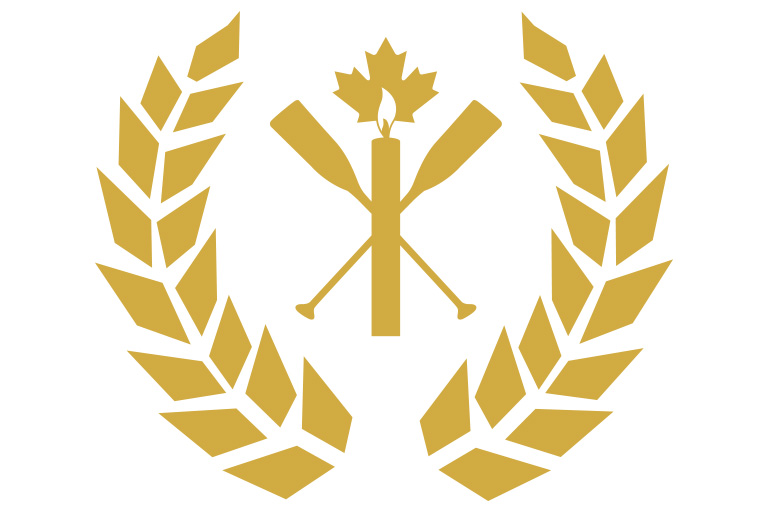
November 20, 2024
Winnipeg, Manitoba
Canada is a diverse country, shaped by the traditions, languages, and stories of its people. Each of us carries the lessons of our ancestors, connections to the land, and perspectives of the events that have shaped our individual and collective identities. However, as a country, we have not always listened to all the voices that contribute to our shared history.
An inclusive history is one that honours the wisdom of our elders, respects oral traditions, fosters a sense of belonging, and makes room for the diverse perspectives that have long been overlooked. When we truly listen to each other, we begin to understand the broader context — our history and our truths — and in doing so, we cultivate empathy and respect for one another's experiences.
This panel discussion invites us to explore how, by listening to the many voices that lift up our nation’s stories, we help create a stronger, more understanding Canada.
Highlights from this conversation will be shared on CanadasHistory.ca following the event.
The Governor General’s History Symposium is presented by Canada’s National History Society, with the support of the Rideau Hall Foundation and the Government of Canada.
Moderator
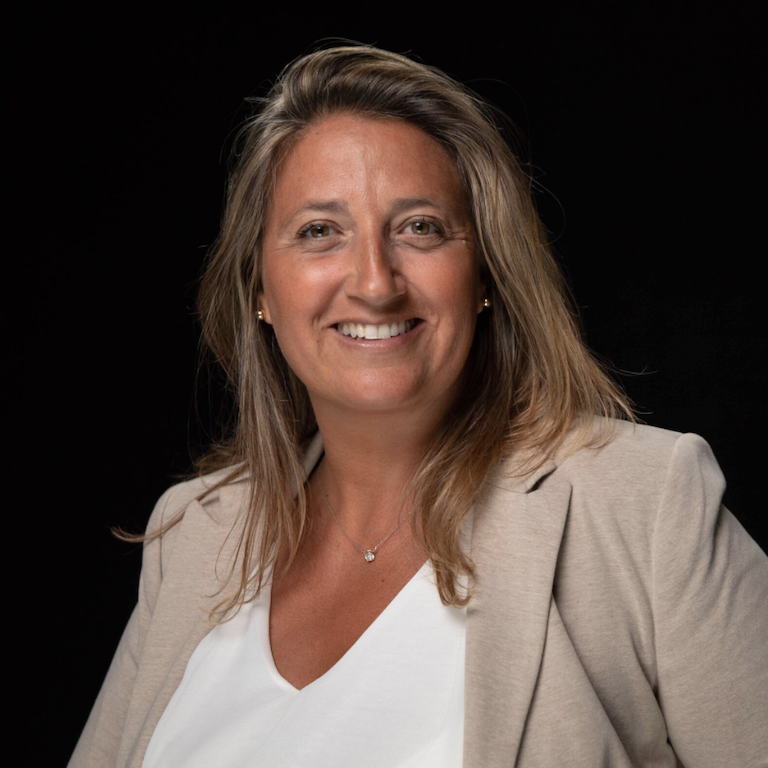
Sophie Gaulin
Sophie Gaulin is a Francophone editor and journalist in Winnipeg, known for her role at La Liberté, Manitoba’s only French-language newspaper. With her experience in bilingual communication and a deep commitment to covering the stories of Manitoba’s diverse Francophone and Métis communities, Sophie is well-positioned to moderate discussions that explore the intersections of language, culture, and history.
Panelists
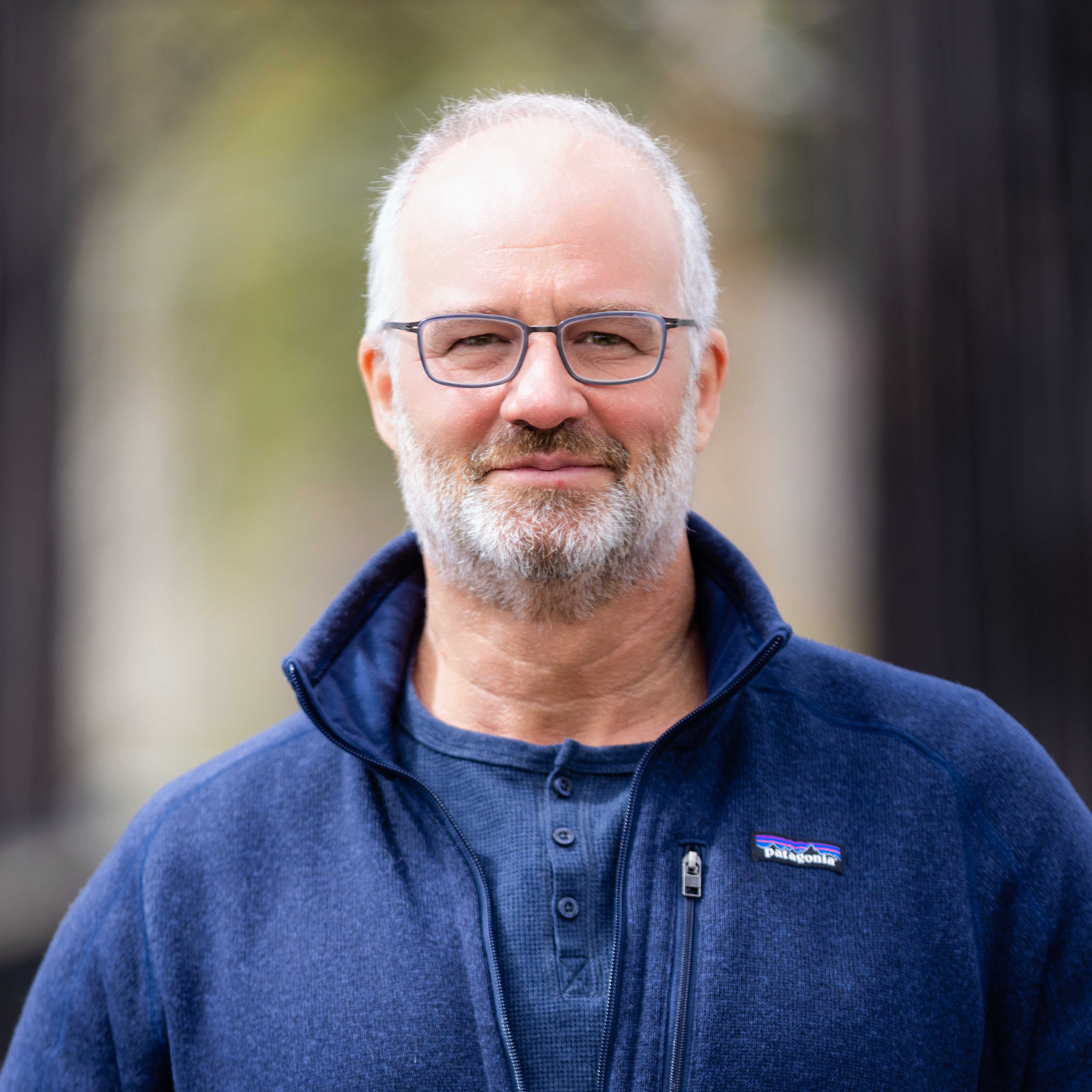
Stephen Bown
Stephen Bown is a historical non-fiction author and the 2024 recipient of the Governor General’s History Award for Popular Media.
The author of ten books, Stephen approaches history from a biographical perspective that studies how the decisions of past individuals shaped the world of the present. His most recent books include Dominion: The Railway and the Rise of Canada and The Company: The Rise and Fall of the Hudson's Bay Empire. Stephen aims to retell traditional narratives of Canadian history with consideration of underrepresented people and perspectives that have long been overlooked.
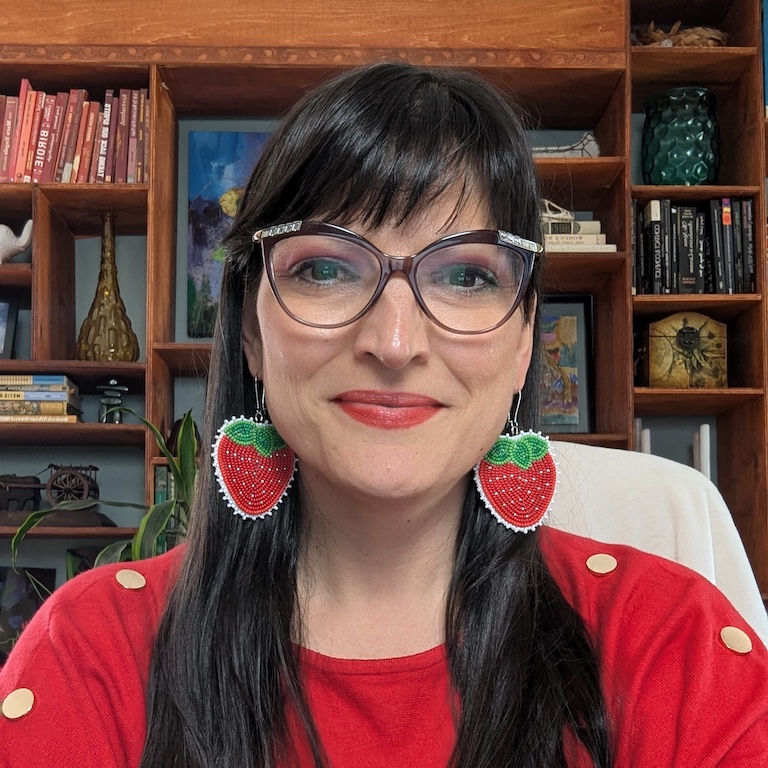
Laura Forsythe
Dr. Laura Forsythe is a Métis scholar at the University of Winnipeg in the Faculty of Education. Forsythe's research focus is Métis-specific contributions to the academy, Métis inclusion efforts, and educational sovereignty.
Forsythe's contributions include five edited collections, numerous peer-reviewed publications, and the co-creation of a Michif Language program at the University of Manitoba.
She is also a citizen of the Manitoba Métis Federation. Her kinship ties include the Huppe, Ward, Berard, Morin, Lavallee, and Cyr lines. Her ancestors worked for the Northwest and Hudson’s Bay Companies, fought in the Victory of Frog Plain, and owned Lot 31, the site of a contemporary Métis space called Pakan Town.
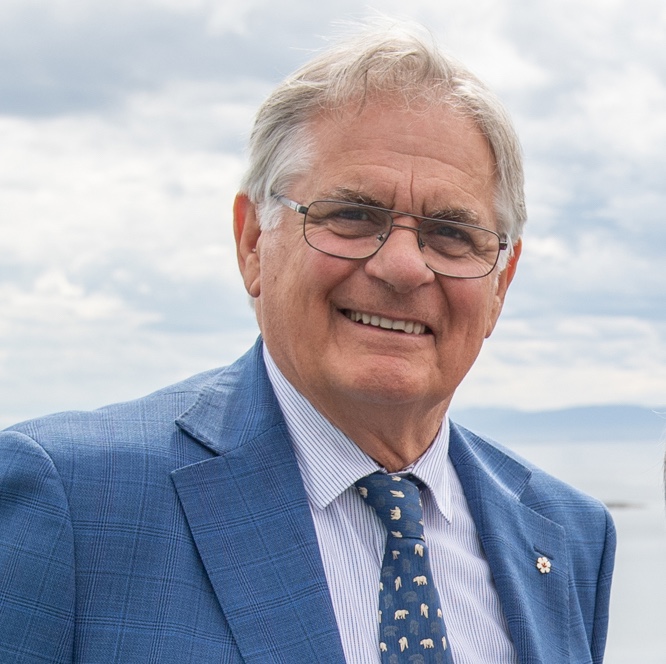
Whit Fraser, C.C.
Whit Fraser went north to Frobisher Bay (now Iqaluit, Nunavut) in 1967 to work for CBC’s northern service. For the next 32 years he travelled to every community in Canada’s three northern territories, reporting on the historic events that shaped today’s North, including the Mackenzie Valley Pipeline Inquiry, the negotiations that enshrined Indigenous rights in the Canadian constitution, and the progress of land claims from the initial demands of Dene and Inuit leaders through to the ceremony that inaugurated the new territory of Nunavut in 1999, which he co-hosted as his last broadcast for the CBC. Fraser has also served as the first chairman of the Canadian Polar Commission and as the executive director of the national Inuit organization, the Inuit Tapiriit Kanatami. He is married to Canada’s first Indigenous governor general, Mary Simon. His memoir, True North Rising, won the NWT Northwords Book Prize in 2019.
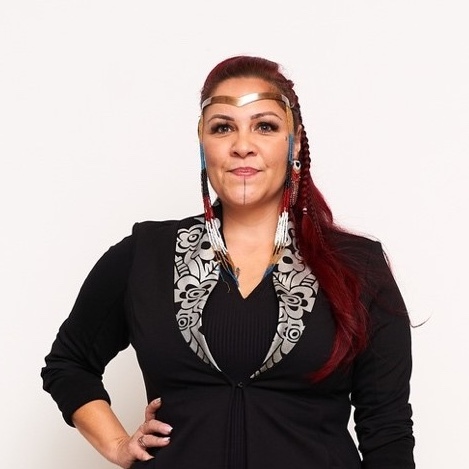
Nikki Komaksiutiksak
Nikki Komaksiutiksak is an Inuk woman from Chesterfield Inlet, Nunavut. Nikki is the founding member and chief executive officer of Tunngasugit Inc., Western Canada’s first Inuit Resource Centre located in Winnipeg, Manitoba. Though Winnipeg is now her home, Nikki has found the strength to preserve her “Inukness” living in the southern part of Canada.
Nikki is an experienced throat singer, teacher of Inuit history and culture, and a heartfelt musical performer. She believes that it is critical for Inuit culture to be remembered, recognized, and celebrated throughout all of Canada.

Jonathan Lainey
Jonathan Lainey is the curator of Indigenous cultures at McCord Stewart Museum, having previously worked with the Canadian Museum of History and Library and Archives Canada.
Lainey has published two books, developed award-winning exhibits and written numerous articles, publications, and research reports. His research interests include the social, political and cultural history of the Indigenous Peoples of Quebec and Canada as well as the history of objects and collections over time, particularly wampum belts. He is also a sought-after speaker who has appeared not only in Canada, but also in the Netherlands, Japan and Australia at international conferences.
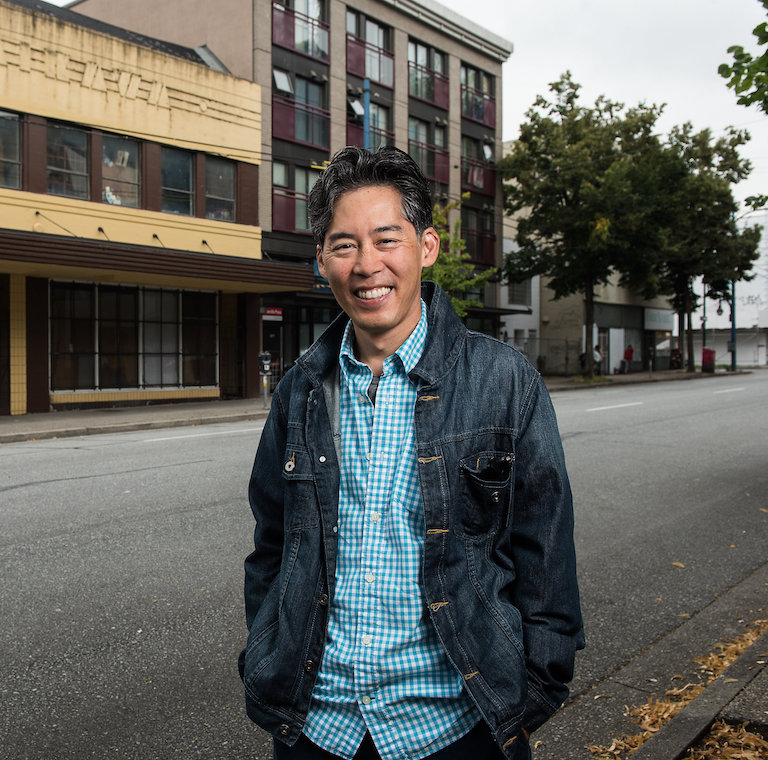
Greg Miyanaga
Greg currently teaches grade 2/3 in Coquitlam, BC where he has taught for more than 30 years. In 2006, he received the Governor General’s Award for Excellence in Teaching Canadian History for his work teaching about Japanese-Canadian internment. Greg has a personal connection to this history, as his father’s family was relocated from the Lower Mainland in British Columbia to the sugar beet fields of southern Alberta during the Second World War.
Greg was a part of the multi-year research project, Landscapes of Injustice, and wrote elementary lessons for teaching young children about the internment and dispossession of Japanese Canadians.
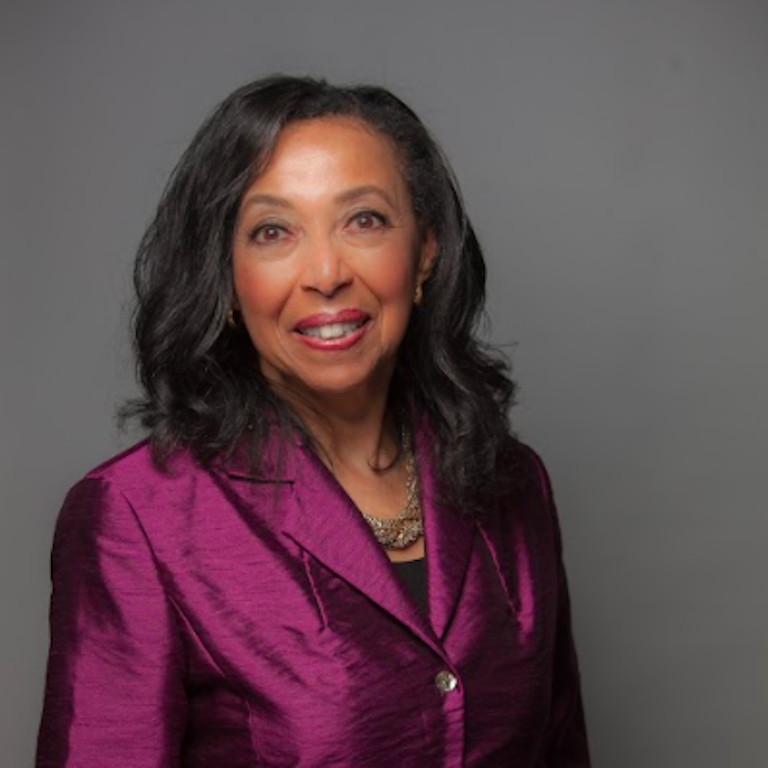
Rosemary Sadlier
Rosemary Sadlier is a researcher, writer, and international speaker who has received numerous awards, including the Order of Ontario, for her contributions to provincial and national commemorations of Black history in Canada, such as Black History Month and Emancipation Day. She served as president of the Ontario Black History Society from 1993 to 2015.
The author of over eight books and a contributor to a number of television and film productions, Sadlier seeks to empower and educate others using the framework of Black History.
Advertisement
